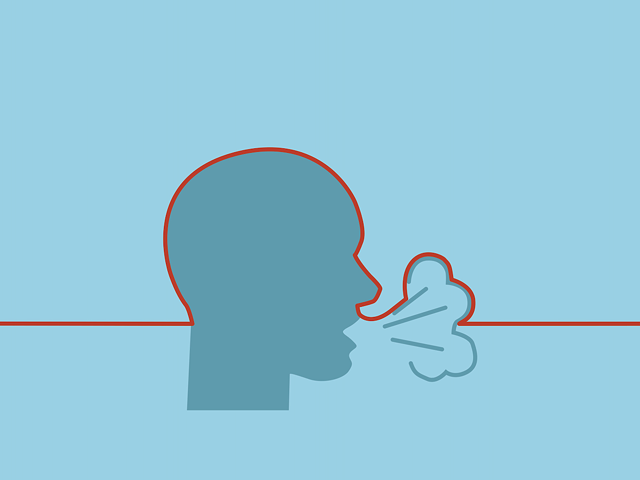As a result of an uptick in COVID-19 cases in the state — Kentucky is reporting its highest number of new cases since the pandemic began — Gov. Andy Beshear has issued an executive order requiring the use of face masks in public across Commonwealth.
"It's no longer voluntary, it's mandatory, and I'm willing to take whatever criticism comes with that," he said during a press briefing.
The reasoning? To keep infection numbers down while keeping the economy open.
Kentucky reported its highest weekly COVID-19 cases — 1,675 new confirmed cases — the week of June 29-July 5. And according to a study by Goldman Sachs, if governing bodies don't start requiring the public to wear face masks (since they don't seem to be doing it on their own), the GDP could drop an additional 5%, which Gov. Beshear said would equate to a $10 billion loss in Kentucky.
Beshear's executive order looks similar to that passed by the Ohio Department of Health mandating citizens in the state's Level 3: Red counties wear masks in public, but let's take a closer look.
When does the order go into effect?
5 p.m. Friday, July 10.
How long does it last?
For 30 days. At that point, the COVID numbers cases, positivity rate, ICU beds, etc.) and order will be evaluated to see if it needs to be extended. The executive order is also subject to reversal if COVID numbers go down.
What happens if you don't follow the order?
You will be denied service at any business if you aren't wearing a mask — think of it as a "no shirt, no shoes, no service" situation, but stick "mask" in there. Beshear said it starts with a warning, but "chronic refusal" could result in a fine. If you're a business who isn't complying, it could result in closure. According to the order, not wearing a mask is a violation of KRS Chapter 39A, the penalty for which is a Class A misdemeanor (a fine of up to $500 and possible jail time).
When do you have to wear a mask?
You have to wear a face mask or some kind of covering that goes over your nose and mouth:
- While inside or waiting in line to get into a retail establishment, grocery store, pharmacy, hair salon/barbershop, nail salon/spa, tattoo parlor, child care facility, restaurant or bar (when not seated and not consuming food or drink), health care setting, or any other indoor public space where you can't get 6 feet apart from those who aren't a member of your household.
- While waiting for or riding in public transportation or paratransit, or while riding in a taxi, private car service or ride share, or if you're driving any of those while a customer is present.
- While in an outdoor public space when you can't maintain 6 feet of social distance from humans that aren't in your household.
When don't you have to wear a mask?
- If you're seated at a bar or restaurant and actively eating or drinking.
- If you're getting some kind of service, like getting your teeth cleaned, where you need to take off your face mask.
- If you need to remove your mask to be identified for security or screening purposes.
- If you're giving a speech or broadcast to an audience and you can maintain 6 feet of distance from them.
- If you're in a lake, pool or other body of water.
- If you're actively exercising in a gym or other indoor facility as long as you can maintain 6 feet of distance from other people.
- If you're actively participating in an athletic practice, scrimmage or competition as outlined in the Healthy at Work requirements.
- If you're actively engaged in a lawful activity where federal or state law prohibits a face mask.
- If you're engaged in work that a state or federal regulator has concluded would make wearing a face covering a risk to your health or safety.
Who is exempt?
- Children under 5.
- Anyone with a disability or physical or mental impairment that prevents them from safely wearing a face covering.
- Anyone who is hearing impaired or is communicating with the hearing impaired where seeing the mouth is an essential part of communication.
Who is enforcing it?
The order says all local, county and city government offices and agencies are encouraged to adopt these requirements. Businesses themselves will be enforcing the order, as will local health departments.






